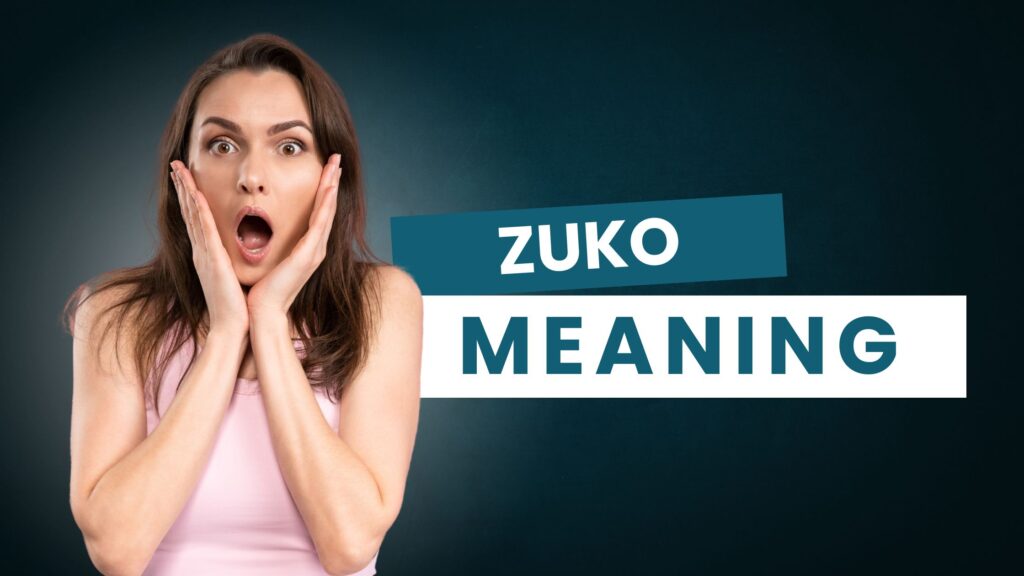Slang terms and abbreviations are often used to simplify communication, especially in online conversations. One such abbreviation is “OWI”. While it might not be as widely known as others, it has a few distinct meanings that are popular within certain communities.
In this article, we will explore the different meanings of “OWI,” how it’s used in different contexts, and its relevance in everyday communication.
What Does OWI Mean?
The acronym OWI stands for different things depending on the context in which it is used. The most common interpretation of OWI is “Oh, What Indeed”. This is often used as a response to something surprising or to emphasize a point that may seem obvious or noteworthy.
It can also represent “On What Is”, a more formal phrase that sometimes appears in specific discussions, particularly in philosophical or academic contexts. Despite being less common, it can still show up in certain serious discussions. Read more slang meanings here.
OWI in Informal Online Conversations
In informal, online chats, “OWI” is most often used to convey emphasis or surprise. When someone shares a story or an opinion that feels significant or unexpected, others might respond with “OWI” to show that they agree or are acknowledging the point with a bit of drama.
For example, imagine a group chat where someone shares a shocking piece of news. A participant might respond, “OWI!” to convey their surprise or disbelief at what was just said. It’s an expression of acknowledgment that adds flavor to the conversation.
OWI in Social Media
On platforms like Twitter, Snapchat, or Instagram, the use of abbreviations and slang has become a norm. “OWI” can be a quick, fun way to react to a post, especially one that carries some weight or a dramatic revelation. It’s a lighthearted response to something that might otherwise prompt a longer explanation or reaction.
For example, if someone shares a stunning achievement or an unexpected twist in a story, their followers may comment, “OWI,” showing their recognition of the event in a short, impactful way.
When to Use OWI
Knowing when to use “OWI” correctly is key to communicating effectively in a casual, online setting. Here are some situations where this slang term would fit perfectly:
Acknowledging a Surprising Event
You might use “OWI” when responding to something shocking, surprising, or intense in a conversation. It’s a quick and easy way to show that you recognize the importance or surprise of what was shared.
Reacting to Dramatic Statements
In group chats or on social media, people often exaggerate for effect. “OWI” is an ideal way to play along with the drama and add to the overall tone of the conversation without needing to elaborate further.
Emphasizing an Obvious Point
If someone makes a statement that seems self-evident, “OWI” can be used sarcastically to show that you understand and agree, often with a sense of playful humor.
Differences Between OWI and Other Similar Slang
Slang abbreviations like OWI can be tricky because they often overlap with other expressions. It’s important to understand the subtle differences between similar abbreviations, especially in the world of online communication.
OWI vs. OMG
OMG (Oh My God) is probably one of the most common slang expressions used to express surprise or shock. While OMG conveys more direct surprise or amazement, OWI is typically used to emphasize or acknowledge something surprising or dramatic, often with a sense of humor.
OWI vs. OMW
Another slang abbreviation that may confuse some is OMW, which stands for “On My Way.” This is very different from OWI, as OMW is often used to let others know you are en route to a location, while OWI is about expressing surprise or acknowledging something noteworthy.
OWI in Formal Contexts
Although OWI is mostly seen in informal settings, it can sometimes appear in more formal contexts. In these cases, the meaning shifts to something like “On What Is”, which can appear in academic, legal, or philosophical discussions.
For example, you might encounter it in debates or analyses where a statement is being made about a certain concept or principle. However, this is not a common usage and tends to be more niche.
In general, outside of casual online conversation, OWI isn’t used widely in professional or academic settings. It is far more likely to be encountered on social media or in text conversations where brevity and quick reactions are valued.
Conclusion
To sum up, the meaning of OWI depends largely on the context. In casual conversations, it’s typically used to express surprise, acknowledgment, or emphasis. Whether it’s used on social media, in group chats, or response to something dramatic, it serves as a playful and quick way to react to situations.
If you’re looking to add a bit of flair to your online chats, knowing how and when to use “OWI” can be a fun way to keep conversations lively. However, it’s important to recognize the limits of slang use while “OWI” might work perfectly in informal settings, it’s not something you would use in professional or formal communication.


